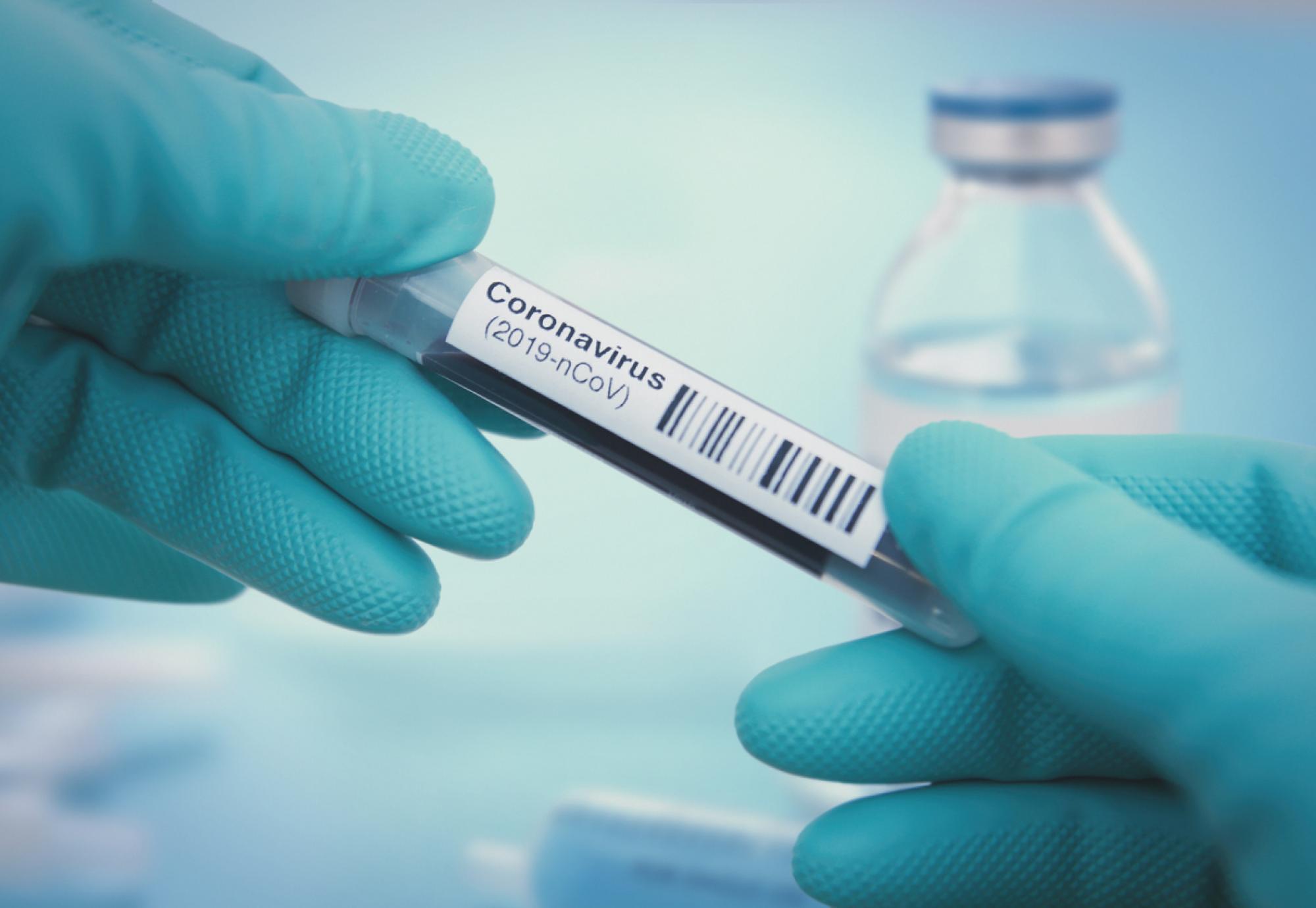The UK Health Security Agency’s (UKHSA) flagship SIREN study is set to enter its next phase.
The SIREN study, otherwise known as the SARS-CoV-2 immunity and reinfection study, was originally established in June 2020 to test healthcare professionals across the UK for COVID-19.
The information gathered from this exercise has informed the national response against the virus.
Last winter, the study introduced influenza and respiratory syncytial virus testing to better understand the impact they had over the festive months – this will continue this year.
Now, the SIREN study will evaluate the efficacy of the jab against the new variant called BA.2.86, which has seen the autumn vaccine campaign brought forward. SIREN 2.0 will recruit from the original 45,000 cohort of health workers.
UKHSA has also expanded its partnerships with the Wellcome Sanger Institute and the Worldwide Influenza Centre at the Francis Crick Institute.
The Wellcome Sanger Institute will use metagenomics to sequence samples provided by UKHSA and investigate other pathogens that lead to respiratory infection – like parainfluenza.
UKHSA will also share any influenza virus strains identified during SIREN 2.0 with the Worldwide Influenza Centre, which could contribute to the development of new vaccines for future flu seasons.
Blood samples are already being tested thanks to UKHSA’s new vaccine development and evaluation centre.
“We hope that by expanding the range of respiratory viruses that are routinely sequenced, we can contribute to scientific understanding that will help prevent and treat infections caused by respiratory viruses,” said Dr Ewan Harrison, who is head of the respiratory virus and microbiome initiative at the Wellcome Sanger Institute.
Image credit: iStock



















